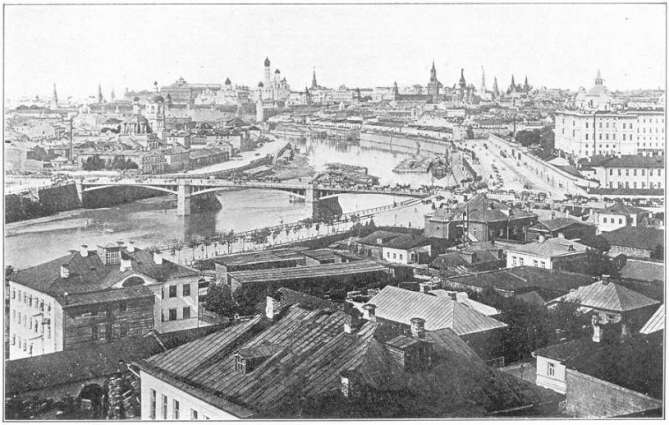MOSCOW/KURSK (Pakistan Point News / Sputnik - 26th May, 2021) Denis Chernyshenko - A Sputnik correspondent has visited the ancient Russian city of Kursk, famous for one of the most important battles of World War II.
Despite its rich history, Kursk leaves a rather forlorn impression, being one of the least tended to administrative centers of Russian regions I have ever seen.
ALMOST 1,000 YEARS OF HISTORY AND THE BATTLE FOR KURSK
Kursk was first mentioned in 1032, and will therefore soon celebrate its thousandth anniversary. From 1095 to the 13th century, the city was the capital of a small principality, but then was devastated by Mongol invaders.
In 1362, Kursk was seized by Grand Duke of Lithuania Algirdas and remained part of the Lithuanian state until the end of the 15th century, when it became a part of Russia, turning into a strategic defensive fortress.
In the 17-18th centuries the Russian state expended significantly, and Kursk lost its defensive importance and developed instead into a significant merchant center. In 1917-1919, the city was severely damaged as a result of the Civil War-era hostilities.
In early November 1941, Kursk was seized by the Germans as part of Barbarossa Operation, aimed at the quick defeat of the Soviet Union which proved unsuccessful after the Battle for Moscow a month later.
The crushing defeat in the Battle for Stalingrad in 1942-1943 resulted in the collapse of the Wehrmacht's southern flank, forcing then into a massive retreat. On February 8, 1943, Kursk was liberated by the Red Army and found itself in the heart of a huge salient, not far from the frontline stabilized by the Wehrmacht that managed to stop its retreat.
Adolf Hitler wanted to destroy the Soviet troops on the Kursk Salient in the last serious attempt to change the course of the war. He also believed that the entire world would be shocked by the fall of Kursk, challenged only by commander Heinz Guderian, who told him that nobody outside Russia knows where Kursk is and that it would be under Germany's control.
The German offensive on Kursk (Operation Citadel) began on July 5, 1943, and collapsed within eleven days, after which the Soviet army launched its counteroffensive, marking the full defeat of the Germans in this battle.
I visited Kursk a day after Belgorod, and had the feeling that I stepped into another era: maybe the 1990s or even earlier. The first impression - and maybe the most traumatic one - was to see many Soviet-era PAZ minibuses with natural gas equipment and gas balloons ... on their roofs.
I also saw a playground fully covered with asphalt, the central square without any benches, and the magnificent view from the observation wheel on ... a destroyed building and an industrial area.
The main thing tourists can find in Kursk is shopping centers they are absolutely everywhere, sometimes paired, sometimes huge and dominating the street view, sometimes in the historic part of the city. One famous Russian blogger even called a film about his travel experience in Kursk "How to survive shopping centers!", and it is difficult to disagree with such a description of the city.
At the same time, the city currently has no suitable venues for its interesting museums. For example, the Local History Museum, with a really good collection, is located in a very old and small building, and the bathroom is located in the yard behind a Soviet tank. The exhibition of the art gallery is located in a small annex of a residential building, which, of course, cannot host most of the showpieces of the museum's rich collection. The city is going to construct new buildings for the museums by 2032, the year of the city's millennium - hopefully, it will happen!
Without significant beautification, tourists can enjoy only various sights in Kursk the 1877 building of the nobility assembly, a very beautiful building used as the hall of the philharmonic today; the Znamensky Monastery in the city center; as well as several war memorials, including the Victory Memorial Complex with the Triumphal Arch.
I hope to visit Kursk again after 2032 and see the new face of this ancient city!




